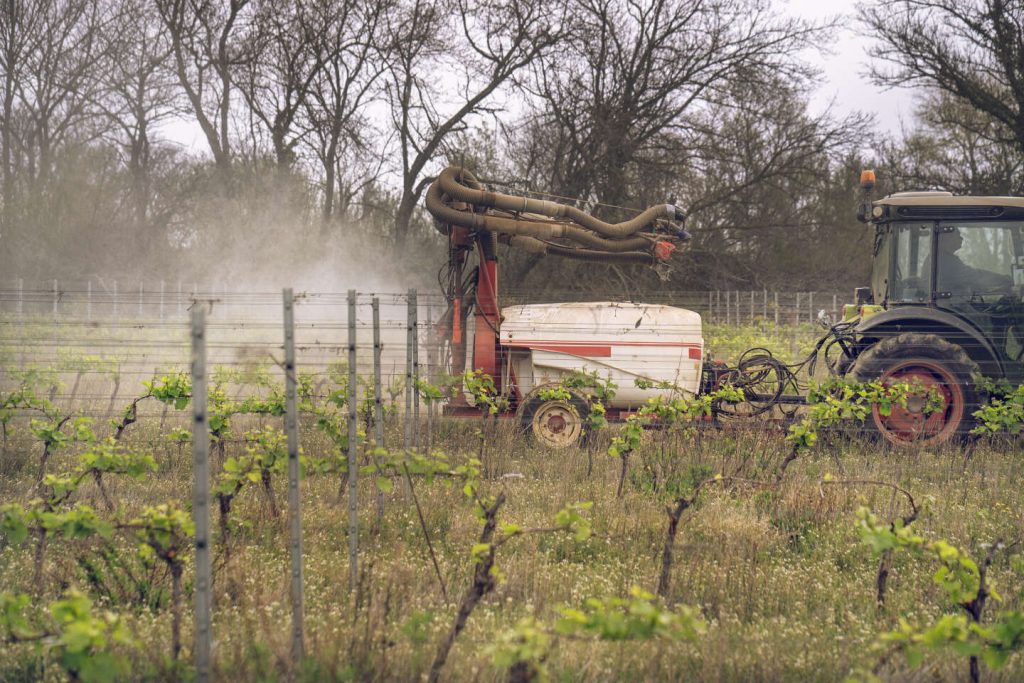The implementation of the new Ecophyto 2030 plan in France aims to achieve a 50% reduction in pesticide use in agriculture by 2030. However, this goal is being pursued through a controversial shift in measurement indicators. The previous indicator of pesticide use, known as NODU (number of unit doses), has been replaced by a new metric called HRI-1 (Harmonised Risk Indicator 1) based on the volumes of products used, adjusted for their regulatory status. This change has been met with criticism and skepticism regarding its effectiveness in truly reducing pesticide usage and addressing associated risks.
The decision to abandon the NODU indicator in favor of the HRI-1 metric was made by Minister of Agriculture and Food Sovereignty Marc Fesneau. This move has been influenced by pressure from the National Federation of Agricultural Holders’ Unions, leading to the exclusion of the NODU from the new plan. The HRI-1 metric sets a target of reducing pesticide use by 50% compared to the 2011-2013 period, but unlike the NODU, it does not directly measure usage levels, raising concerns about its efficacy in promoting pesticide reduction.
Critics argue that the HRI-1 metric is misleading and does not accurately capture changes in pesticide use or the associated risks. According to Corentin Barbu, a researcher at the National Institute for Agriculture, Food, and Environment, accepting the HRI as the new reference indicator signifies a regression in efforts to reduce pesticide use. The HRI-1 metric has already shown a significant decrease of 32.9% compared to the reference period, despite the total volume of pesticides sold in France continuing to increase and the NODU indicating stable usage levels.
The concerns raised by researchers and experts highlight potential loopholes in the new Ecophyto 2030 plan and its reliance on the HRI-1 metric. The shift in measurement indicators has the potential to create a false impression of progress in reducing pesticide use, while not addressing the underlying issues and risks associated with pesticide usage in agriculture. This controversy surrounding the new plan demonstrates the complexity and challenges of implementing effective strategies to reduce pesticide dependency and promote sustainable agricultural practices in France.
As the new Ecophyto 2030 plan is officially unveiled, stakeholders in the agriculture sector, policymakers, and environmental advocates will need to closely monitor the impact of the new measurement indicators on pesticide usage trends. It will be crucial to engage in ongoing evaluation and adaptation of the plan to ensure that the objectives of reducing pesticide use and mitigating associated risks are effectively met. This ongoing dialogue and collaboration will be essential in shaping a more sustainable and environmentally conscious approach to agriculture in France.


